
Can I Use Mouthwash After a Tooth Extraction – Is It Safe to Use?
To help you with your regular oral hygiene routine, mouthwash can be useful. There are situations in which mouthwash is appropriate and situations in which it is not, whether you use it to treat bad breath or prevent cavities.
Following tooth extraction, you must wait at least 24 hours before using any mouthwash. To keep things clean, swish some warm salt water around in your mouth.
What is a Mouth Wash?
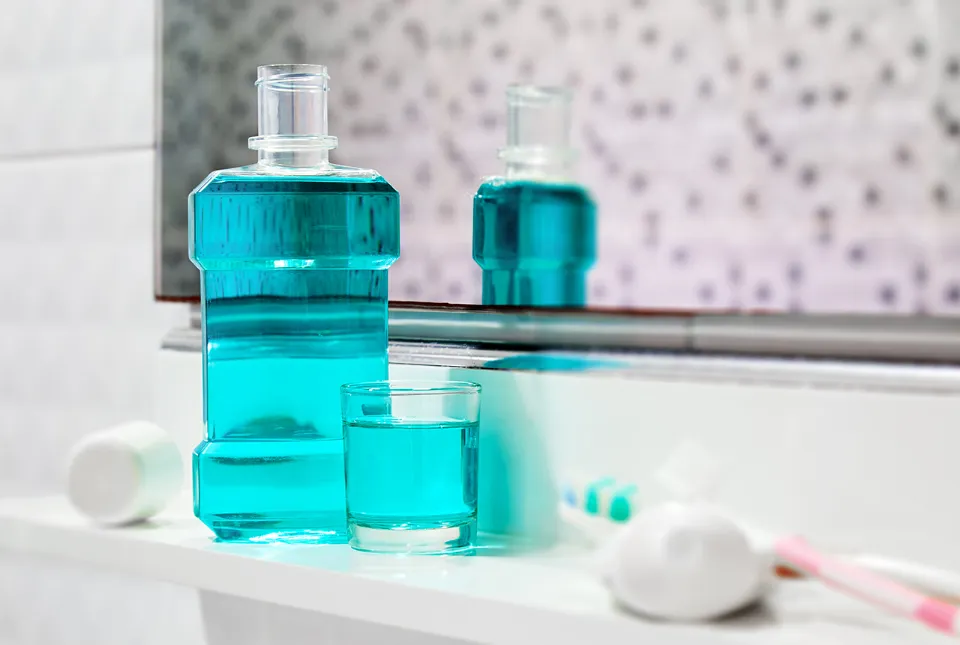
A dental product made specifically for use in the mouth is mouthwash. To clean and freshen the mouth, it is swished around before being thrown away. Inhibiting sulfur compounds that cause bad breath and reducing bacteria that cause gingivitis and gum disease are two goals of most mouthwashes’ antimicrobial and other ingredients. While daily brushing and flossing are still necessary to remove the majority of oral bacteria, there may be some additional long-term advantages.
According to the ADA, mouthwash or mouth rinses fall into one of two categories: cosmetic mouthwash or mouth rinses that are therapeutic. Mouthwashes designed solely to freshen breath are referred to as cosmetic mouthwashes because they don’t contain any medicinal ingredients. Conversely, therapeutic mouthwashes contain ingredients like fluoride and can help keep your mouth healthy, control plaque, lessen gingivitis, lessen bad breath, and prevent cavities from developing in your teeth.
Read More: Can Cavities Cause Headaches
When is It Ok to Use Mouthwash?
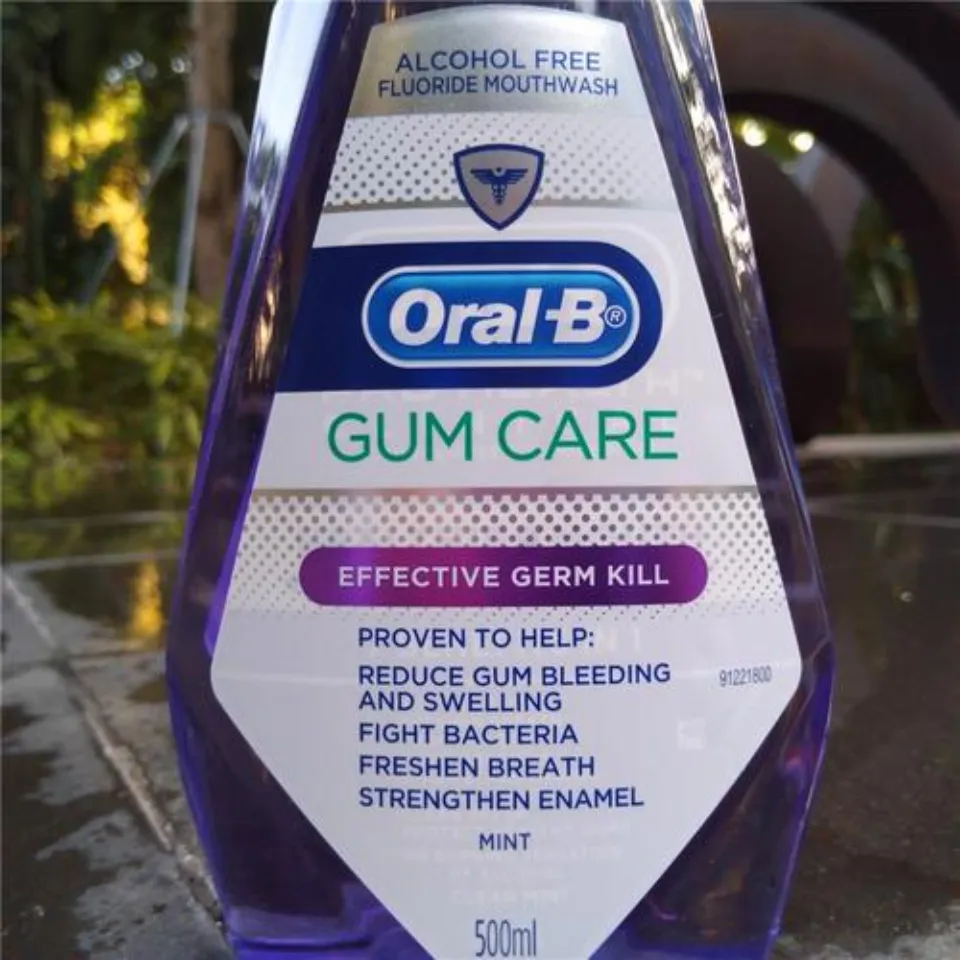
However, you shouldn’t use an oral rinse for the first 24 hours following a tooth extraction or oral surgery, even though mouthwash can help keep your mouth clean. Rinsing your mouth can cause the healing tissue to become loose, causing blood clots to fall out and exposing surgical incisions. A common side effect of tooth extractions is a dry socket, which can be extremely painful and raise the possibility of infection.
Should I Rinse My Mouth After An Extraction?
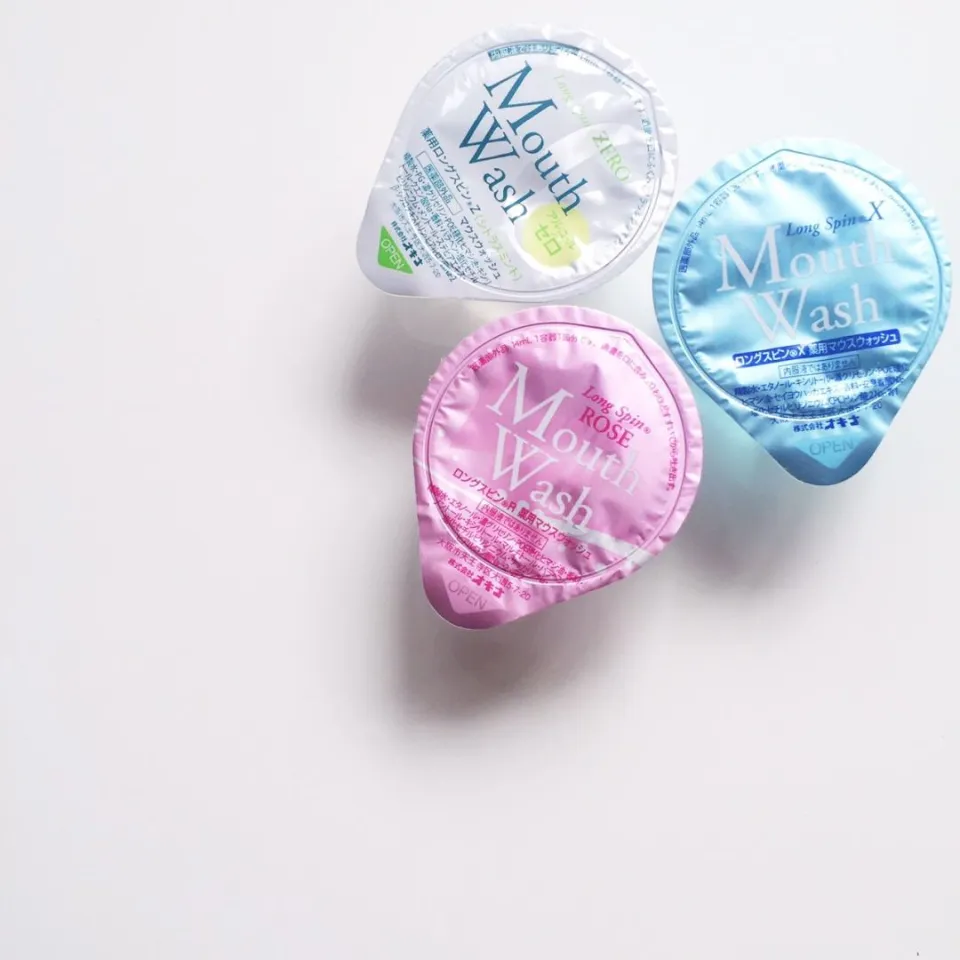
For at least 24 hours following a tooth extraction, your Fairview dentist advises against vigorous rinsing. A blood clot that stops the bleeding is a necessary part of the first stage of healing. Spitting it out or vigorously rinsing it could disturb or dislodge the blood clot, which could lead to additional bleeding.
You can help the area clean up and heal with a salt-water mouthwash after 24 hours. To help cleanse the area and speed up recovery, mix together a teaspoon of salt and warm water and gently rinse your mouth. Do this twice daily for at least a week or for the amount of time that your dentist suggests. Spit gently into a sink after finishing your mouth washing, letting gravity do the bulk of the work. Spit gently; spitting forcefully could disturb the extraction site. You can then use your mouthwash after 48 hours have passed.
What’s the Healing Time After a Tooth Extraction?
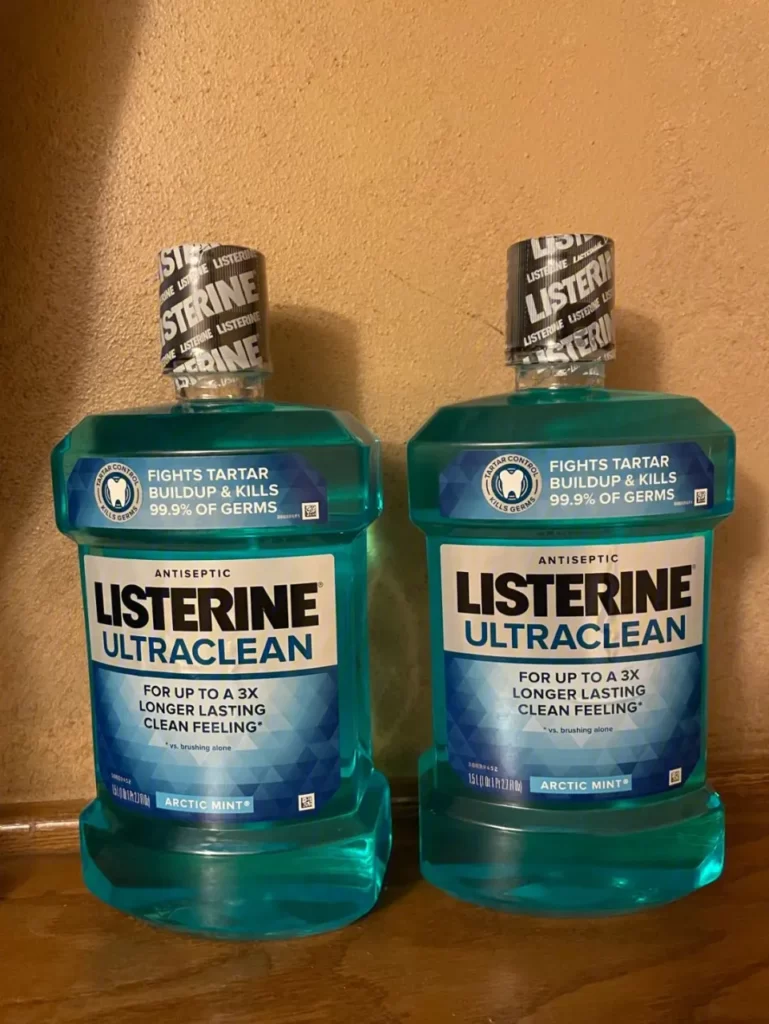
You can anticipate going through the following stages of healing following a tooth extraction. Although everyone heals differently, the following stages are common:
- First 24 hours – You might anticipate that the socket will clot following an extraction. Rest well, and steer clear of any strenuous activity. Within the first 24 hours after having a tooth pulled, you might experience some minor bleeding, swelling, and discomfort. Immediately call your dentist if these symptoms worsen or you feel excruciating pain.
- Day after surgery – Patients must refrain from disturbing the blood clot after an extraction. A painful condition known as dry socket could result from dislodging the blood clot. Don’t use a straw or a brush in the area where your tooth was removed after it has been removed.
- After three days – Within three days of having a tooth pulled, the gums will start to regrow and cover the extraction site.
- After one week – The tooth’s extraction socket will start to heal 7 to 10 days after the tooth is taken out. Any pain or tenderness should have subsided by then.
Can I Rinse My Mouth 4 Days After Tooth Extraction?
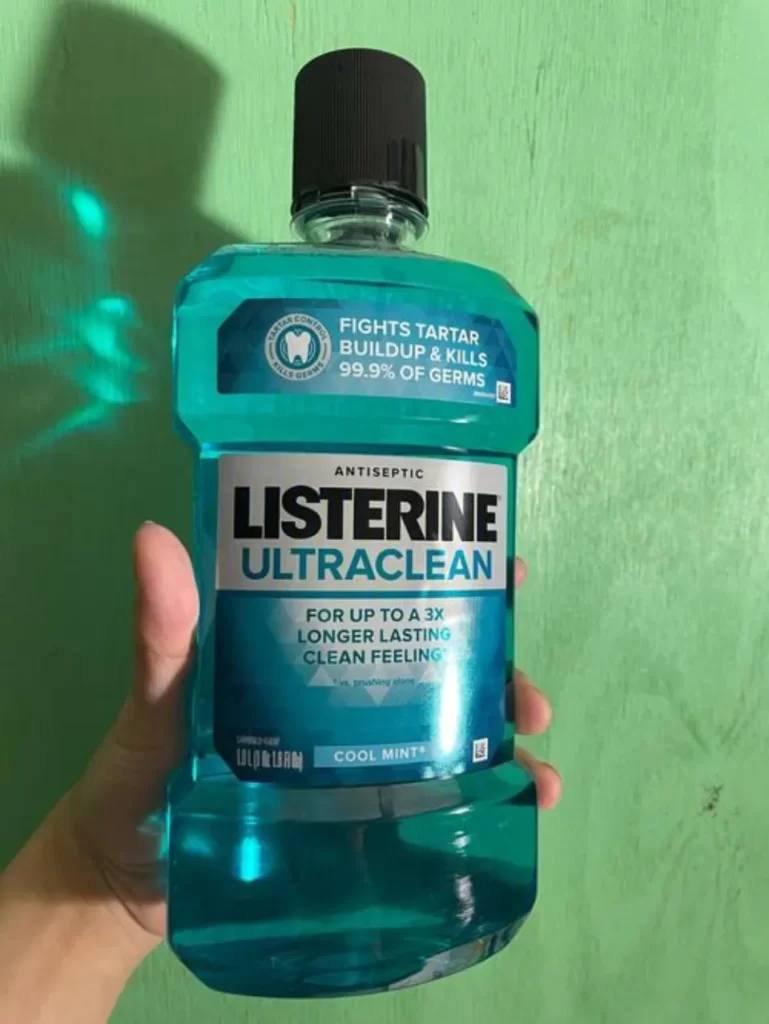
Four days after having a tooth pulled, yes, you can rinse your mouth. However, you must use a gentle brush and refrain from vigorously brushing the extraction site. As mouthwash can irritate the extraction site and aggravate pain, you should avoid using it. You should also eat soft foods.
But if you want a dentist’s professional opinion, you must do so. The Dr. Bronner’s mouthwash is one option, though. Brite Healthy Gums Mouthwash – Wildberry. It is a cooling, alcohol-free mouthwash that aids in protecting and calming your gums. The special combination of all-natural components, which includes wild berry extract and tea tree oil, keeps your gums healthy and reduces bad breath and gum inflammation.
What Kind of Mouthwash Can You Use After Tooth Extraction?
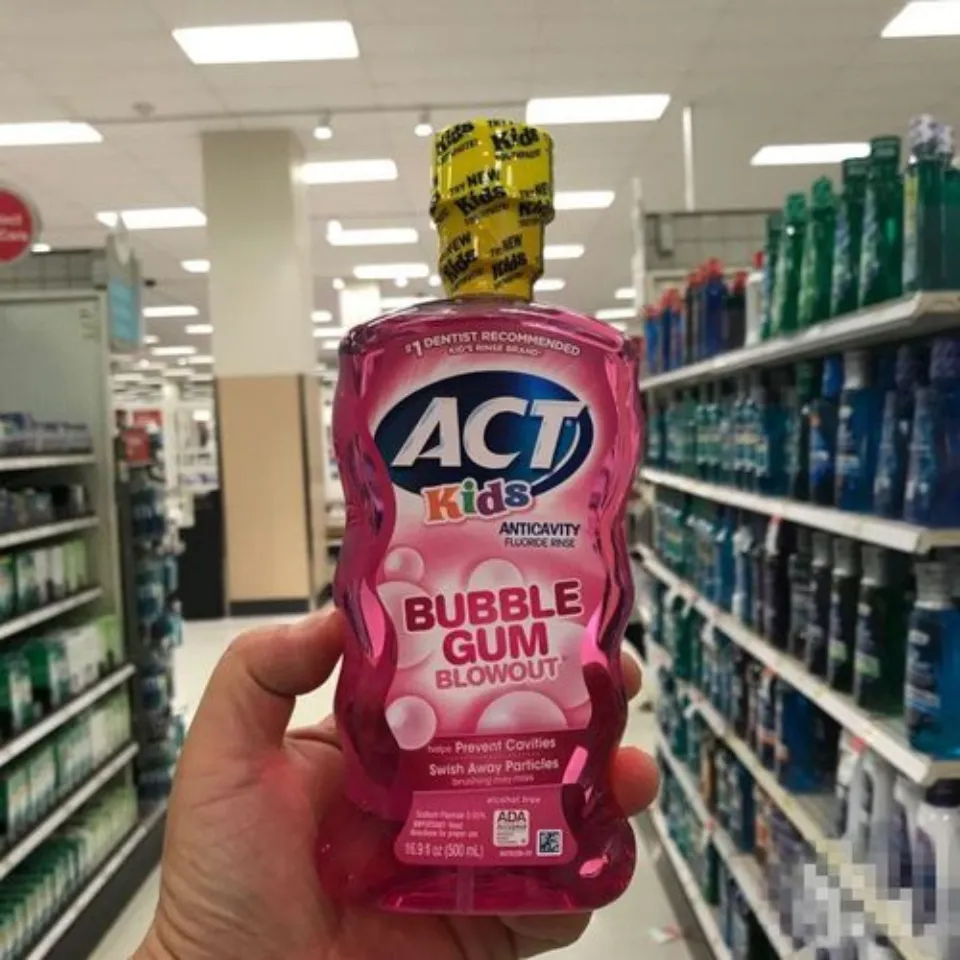
Maintaining your oral health is crucial following a tooth extraction. This covers using the appropriate mouthwash.
On the market, mouthwashes come in a variety of varieties. But not all of them are advantageous for those who have had a tooth pulled. Mouthwashes with alcohol should be avoided. As a result of alcohol’s potential to irritate the extraction site and hinder healing.
Some good options for mouthwash after a tooth removal include:
- Peroxyl Mouthwash: This kind of mouthwash has hydrogen peroxide in it. It works well to lessen inflammation and encourage healing.
- Oxygenating Mouthwash: The oxygenating agents in this kind of mouthwash. These support healing by lowering oral bacterial overgrowth.
- Salt Water Rinse:The mouth can be cleaned and healing is aided by a quick, efficient salt water rinse. One teaspoon of salt and one cup of warm water can be used to make a saltwater rinse.
When Can I Brush My Teeth After Tooth Extraction?
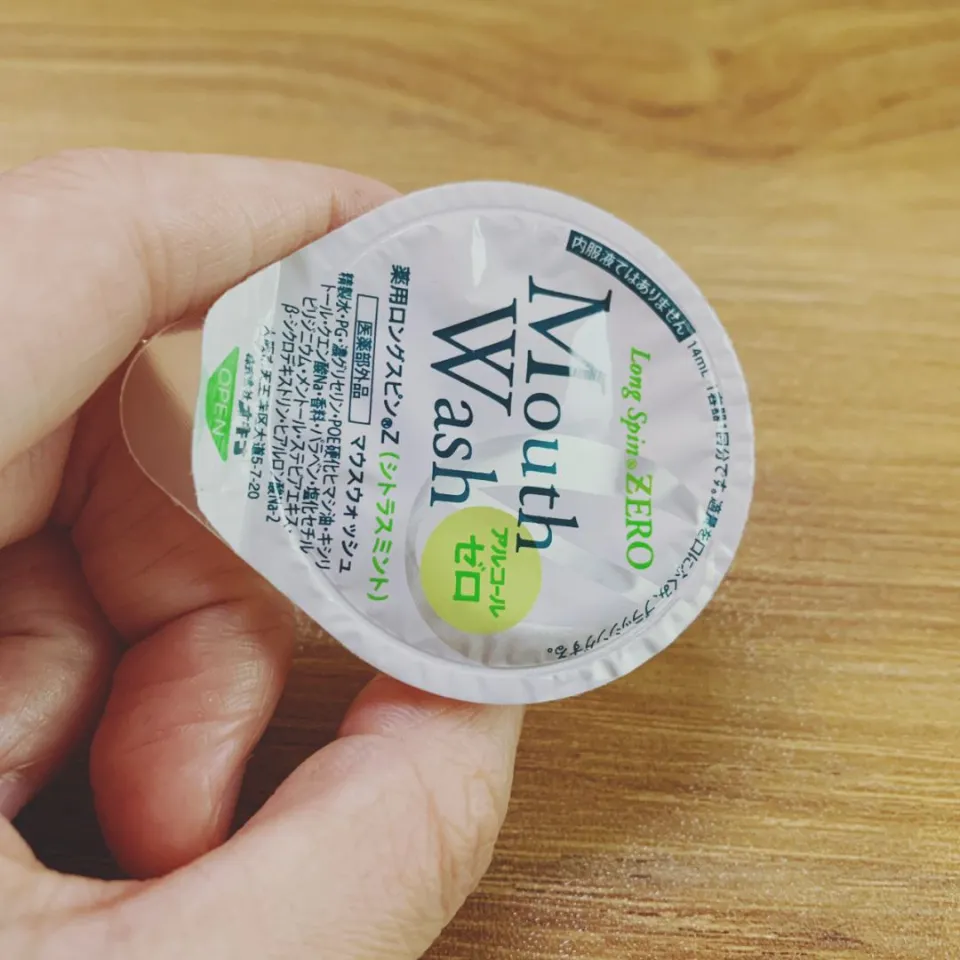
The question of when patients can resume brushing their teeth is among the most frequently asked ones following a tooth extraction. Although you might anticipate a straightforward response, this is not possible because it depends on a number of factors.
After having tooth surgery, you should typically wait at least 24 hours before brushing your teeth. This provides your body with the necessary time for the blood to clot in the empty tooth socket, which is essential for effective healing and stopping further bleeding.
However, if you have excessive bleeding or high blood pressure, you might need to wait longer before starting to brush every day. This is to avoid disturbing the clot, which could result in the uncomfortable condition known as Dr. In addition, if you have a dry socket and experience severe pain, you should use an ice pack or painkillers.
You can resume brushing your teeth once the blood clot forms and the bleeding stops. Just make sure to brush with a soft-bristled toothbrush and use light pressure.
As a result, in addition to seeking a dentist’s advice, you might use Dr. A white Brite Sonic Toothbrush is available. It is a toothbrush of the highest caliber for professionals, cleaning your teeth with sonic technology. Each of its three brush heads serves a different purpose in terms of cleaning. Furthermore, the two-minute timer it comes with guarantees that you brush for the exact amount of time.
Conclusion
In the end, whether or not you can use mouthwash after a tooth extraction depends on your unique circumstances and the guidance your dentist gives you regarding post-extraction care. You can usually resume your regular oral hygiene routine, including using an alcohol-free mouthwash created specifically for sensitive gums, once your gums have healed and there are no visible signs of infection. This will help keep your smile looking its best.
The affected area should only be rinsed gently with warm salt water if the pain is persistent or there are any indications of ongoing infection or inflammation. Do this until all symptoms have disappeared. In order to properly diagnose any potential issues before they worsen, be sure to follow up with your dentist if pain persists.
FAQs
When Can I Use Alcohol Free Mouthwash After Tooth Extraction
The blood clot may become dislodged if mouthwash is used after a tooth extraction, so it is not advised. The best practice is to refrain from using any mouthwash for at least 24 hours following the extraction. Instead, you can keep things clean by gargling with warm salt water. Four times per day are possible.
Can I Use Mouthwash 4 Days After Tooth Extraction?
For the first 3 to 4 weeks, avoid using mouthwash, Listerine, peroxide, or any other oral rinses. Smoking is extremely harmful to the healing process; avoid it for at least 4-5 days following your procedure. This covers vaporizers, electronic cigarettes, and other devices. (Read More: Will Listerine Kill Tooth Infection)
How Long After a Tooth Extraction before You Can Use Mouthwash?
The dentist advises against using mouthwash for at least 48 hours following a tooth extraction. In order to prevent the blood clot from being disturbed, the dentist also advises against using mouthwash too soon after having a tooth removed.





Average Rating